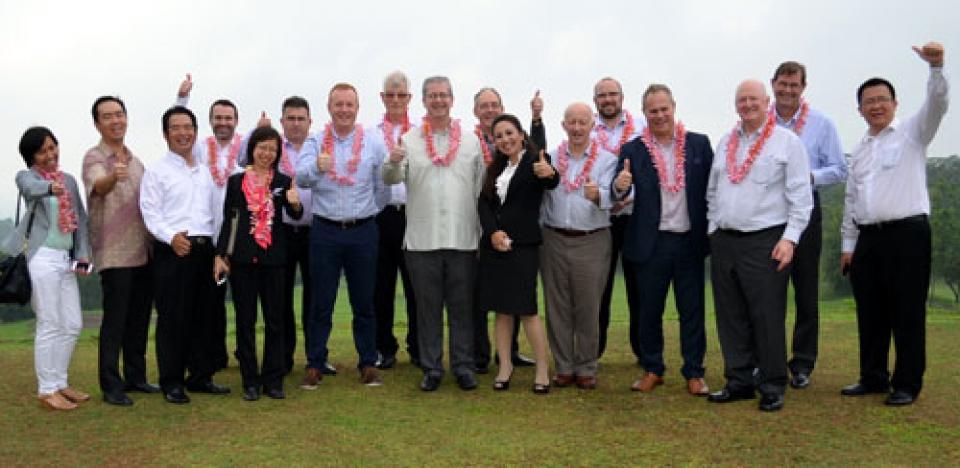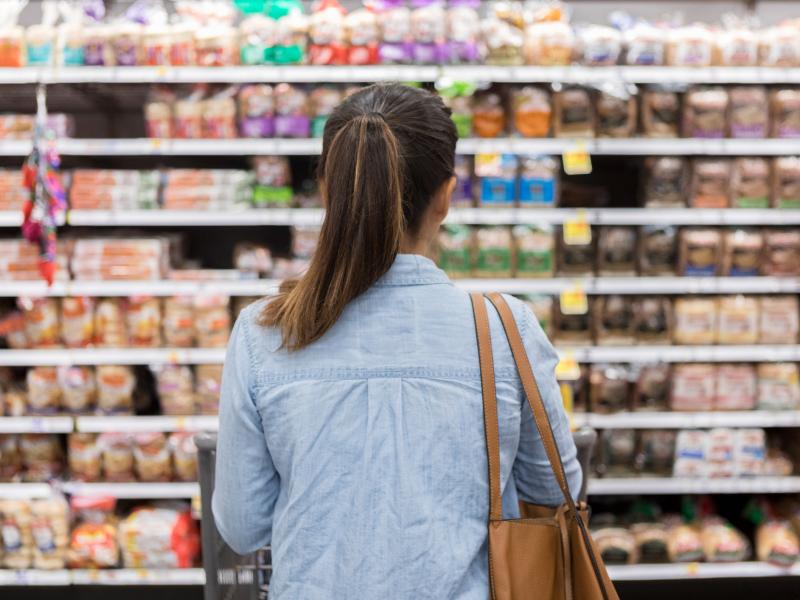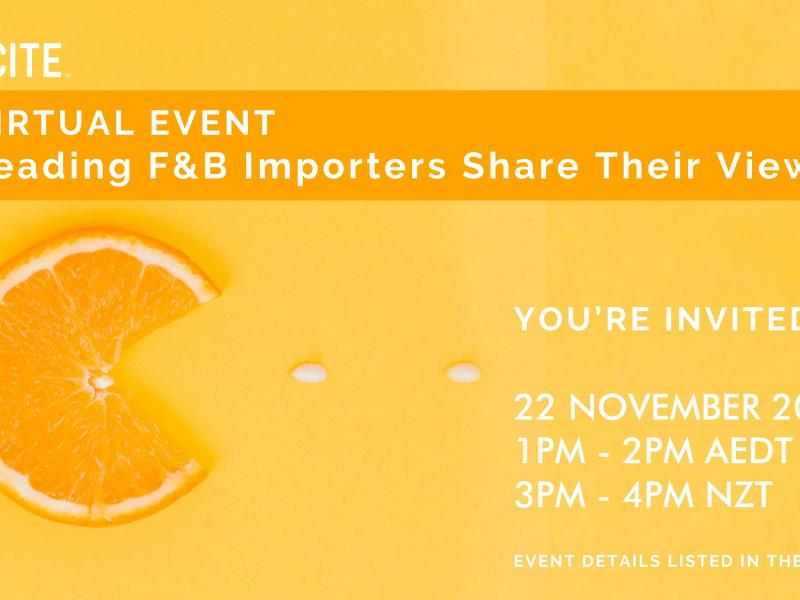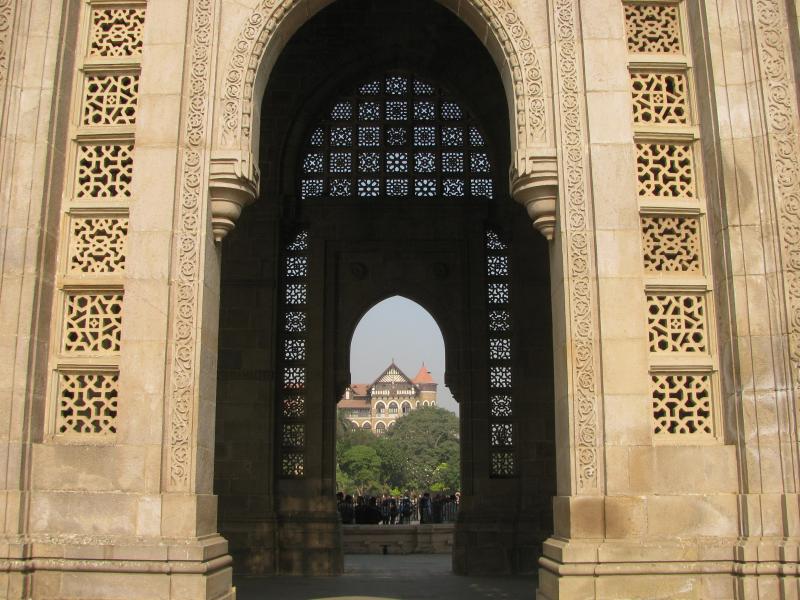For those exporters who play it right, there are huge rewards from hunting in a pack.
Ruth Le Pla joined a recent trade mission to Indonesia to find out first-hand how to make the most of combining forces in international markets.
Susie Scott has a personal rule for capturing as soon as possible the ideas and opportunities from any business trip. In transit back to New Zealand at Singapore’s Changi Airport, Scott tells me she mind-dumps as many thoughts as possible onto her laptop on any return journey. She works until her laptop battery runs out before giving herself time to rest.
Scott is manager, marketing and liaison, for Otago Polytechnic. She was one of 52 New Zealand business people who recently visited Indonesia as part of a dedicated trade mission to unearth opportunities in what Prime Minister John Key has described as one of the three main markets on which New Zealand must focus in the longer term.
The other markets come as no surprise: China and India.
But Indonesia?
New Zealand’s ambassador to Indonesia and ASEAN, David Taylor, tellingly describes the country as “the most important market for New Zealand in the mid-to-long term that we know the least about”.
It’s our closest Asian neighbour with an economy set to skyrocket in size within the next 20 years. The McKinsey Global Institute recently predicted Indonesia will be the world’s seventh-largest economy by 2030. It’s now 16th.
Indonesia’s current US$0.5 trillion market opportunity in consumer services, agriculture and fisheries, resources and education will be more like a US$1.8 trillion opportunity by 2030.
Although growing, New Zealand’s engagement with Indonesia remains small. Last year, Indonesia was our 13th-largest bilateral trading partner with total trade worth NZ$1.5 billion. We exported around NZ$839 million worth of goods to the country, almost half of which was dairy products, the rest mainly beef and wood products.
Not surprisingly, Fonterra spearheads much of our business there, while Beca has been in-country for 40 years and enjoys warm and fruitful relationships with local firms and families.
For many of the trade mission members it was their first foray into Indonesia and the first time they’ve ventured abroad en masse as part of a trade delegation. To the uninitiated, Indonesian society is a confusing blur of political, business and family connections. All of which means teaming up with key influencers can make a world of difference to getting stuff done: if only you can work out who to talk with and lock in some time with them.
Hunting in a pack fronted by a highly knowledgeable and engagingly enthusiastic ambassador, and a trade commissioner fluent in Bahasa Indonesian, opens doors that would otherwise remain firmly shut.
We’ve visited the capital Jakarta and the second-tier economies of Bandung, Surabaya and Bali. We’ve been briefed and business-matched. We’ve rubbed shoulders with government ministers and officials, met well-connected young entrepreneurs, toured factories, and gala-dinnered with local business people and expat Kiwis.
Our collective group size has multiplied possibilities for meeting key influencers in the market. We’ve learnt to rely on each other’s ideas, energy and ability to quickly connect with a roomful of strangers.
Follow-ups vital
Just as we’re about to fly out of the country, mission leader Sir Ken Stevens calls us together for one final meeting. Sitting in the leafy hotel foyer, he urges group members to make the most of the opportunities they have discovered.
Sir Ken, founder and CEO of Glidepath, has been involved with trade missions since the mid 1990s. He has led about six of them and taken part in another five.
If he had only one message, it must be that follow-up is vital. Unfortunately, he says, in the rush to sort the mountain of work that has piled up back at home base, this vital step is frequently overlooked.
“One of the most common mistakes business people make after a mission is not documenting and recording what happened,” he says. “Yet those who do it create a blueprint for future directions and map out a plan.”
Sir Ken’s own company Glidepath uses Salesforce CRM. But he says any system that allows leads and ideas to be shared in-house will work fine. Most people write a paragraph or two about each key contact made in market. It’s all about nailing down opportunities, putting some dollars around next
steps and gaining buy-in from those around you.
Timeframe is vital too. Sir Ken warns mission members to revisit the market within the next two months at the most. “People forget you after that.”
Trade commissioner Tim Anderson offers the resources of his in-market team to help with next moves. The Indonesian market is not for everyone, he says, but for those who decide to explore further, NZTE and MFAT will go all out to help build connections, tee up meetings, check out opportunities and generally hand-hold through the vital next steps.
Sir Ken urges companies to take up Anderson’s offer. He also advises any mission members with an offer on the table from this trip to go back to Indonesia sooner than two months and get Tim to tee up other people as a benchmark.
“Interview another three or so competitors so you are comfortable with what you have been offered.”
He also suggests Kiwis test their costs in-market. “Make sure your offering is competitive,” he says. “Work out where you want to pitch yourself in terms of price. You can only do that by dipping your toe in the water. That might be an awful shock to some people. They might find they’re hopelessly above
the market.”
He also reminds mission members to make sure they sell on benefits rather than price. “If you’re going to discount at the start you must have a strategy to get your price back up in the market and that’s not easy to do.”
Then, he says, develop a checklist and scrutinise every item: prices, market, people, processes, systems, international shipping costs, in-country transportation – anything and everything.
“And think about leaving a bargaining chip to secure any final payment. In some contracts, the last 10 percent of payment won’t be secured by letter of credit. It can be hellish hard to get the last payment out of some people.”
Glidepath used to barter against the final payment its on-site gang box, containing the tools and equipment used on the job.
Sir Ken suggests newcomers to the Indonesian market at least consider the idea of working through the same agent as other Kiwi companies.
“We use the same agent as Gallagher and Beca so there’s a nice togetherness there.”
Finally, says Sir Ken, don’t be afraid to walk away or pause for effect. “A pregnant pause is very powerful when negotiating. Sometimes you’ve got to be tough.”
Ruth Le Pla travelled to Indonesia on an Asia New Zealand Foundation grant.
Yes, no or maybe
Mark Gracie, international business development manager for Auckland-based Apex Valves, says he learnt on the trade mission not to stray too far away from his company’s core offering. Indonesia’s unreliable supply of fresh drinking water means the country has a huge need for rainwater harvesting systems.
Yet, of Apex’s total company supplies, just two products can be used in such systems.
“The penny dropped when I spent time with an Indonesian company and realised I’d be creating sales for a guttering company, sales for a tank company and other companies, and for just two valves of our own,” he says. “At that point I had a clarity moment. Such ideas can draw me away from my core job.”





